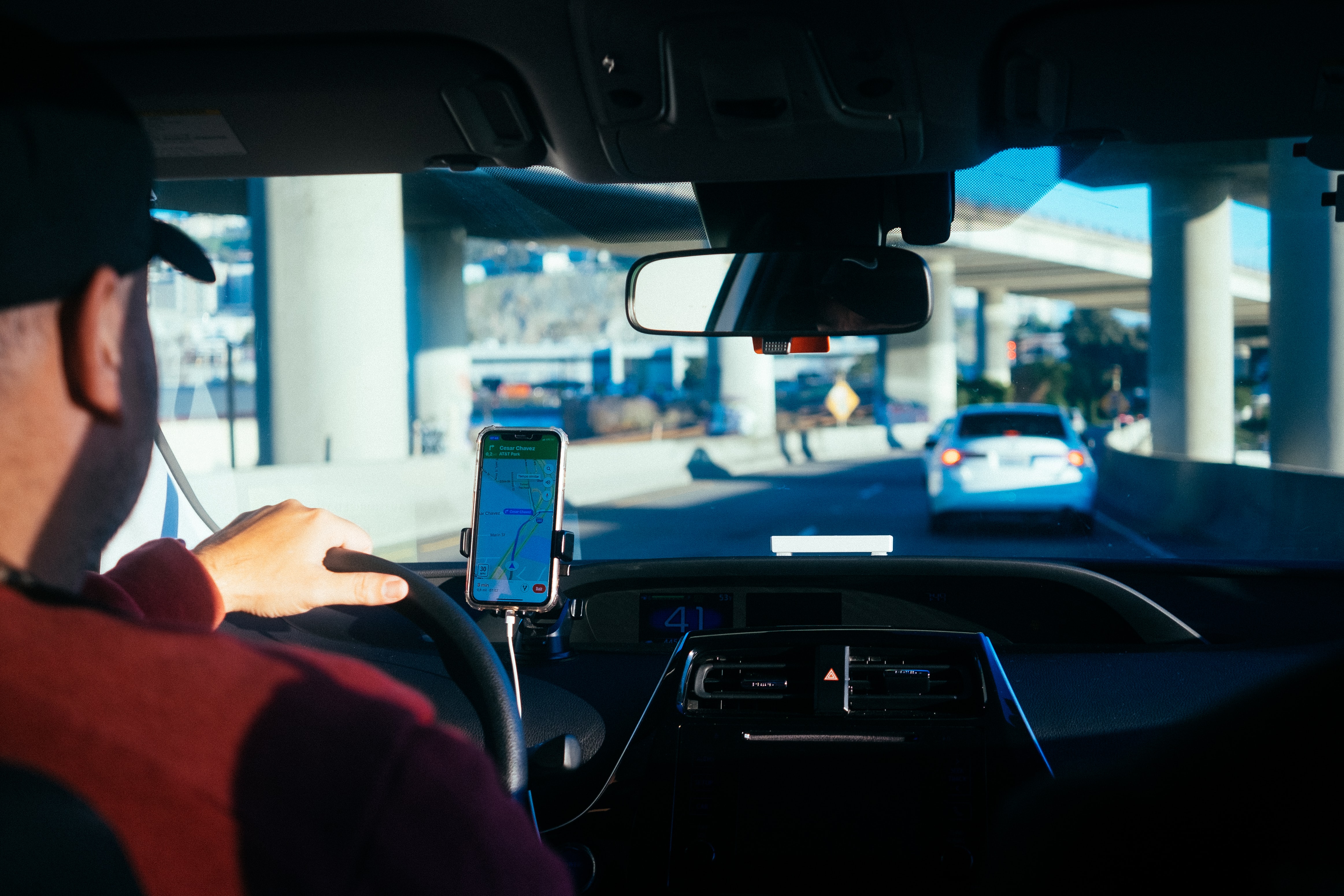Handling a rideshare accident without legal assistance can be overwhelming. The combination of complex liability issues, multiple insurance policies, and corporate interests creates challenges that require legal expertise.
Rideshare accidents introduce a layer of legal complexity beyond standard vehicle collisions. Unlike private auto accidents, rideshare cases involve multiple parties, including drivers, passengers, rideshare companies, and insurance providers. When a rideshare accident occurs, determining liability and securing compensation requires a strategic legal approach. Lawyers handling these cases must assess the circumstances, navigate complex insurance policies, and advocate for fair settlements.
Legal professionals play a crucial role in representing injured rideshare passengers, drivers, and third-party victims. Their work involves investigating the accident, negotiating with insurance companies, and, if necessary, litigating in court to ensure clients receive the compensation they deserve. Whether representing a passenger injured during a ride or a driver involved in a dispute over liability, attorneys specializing in rideshare accidents use extensive legal knowledge to navigate these claims effectively.
Establishing Liability in Rideshare Accidents
Determining fault in a rideshare accident is one of the most challenging aspects of these cases. Unlike traditional car crashes, where responsibility often lies with one of the drivers, rideshare accidents can involve liability from multiple parties, including:
- The rideshare driver – If negligence, such as distracted driving or speeding, caused the accident, the driver may be held liable.
- Another motorist – If another driver was responsible for the crash, their insurance coverage may be used to compensate victims.
- The rideshare company – Depending on the driver’s status within the app at the time of the accident, the rideshare company’s corporate insurance policy may apply.
- Municipal entities – If poor road conditions, faulty traffic signals, or inadequate signage contributed to the crash, government agencies may bear partial liability.
- Vehicle manufacturers – In cases involving mechanical failures, defective parts, or software malfunctions, manufacturers or maintenance providers may be held accountable.
Lawyers begin by thoroughly analyzing accident reports, witness statements, dashcam footage, and medical records to establish liability. By building a strong case, they ensure their clients receive fair compensation for medical expenses, lost wages, and pain and suffering.
Navigating Insurance Coverage and Claims
Rideshare accidents involve multiple layers of insurance, which can complicate the claims process. Legal professionals must determine which insurance policy applies based on the status of the rideshare driver at the time of the accident. Insurance coverage generally falls into the following categories:
- Driver offline – If the rideshare driver was not logged into the app, their auto insurance is responsible for covering damages.
- Driver online, no passenger request – When a driver is active on the app but has not accepted a ride, the rideshare company provides limited liability coverage.
- Driver en route or carrying a passenger – Once a ride is accepted, the rideshare company’s full coverage, which includes liability, collision, and uninsured/underinsured motorist coverage, is activated.
Lawyers help clients navigate this complex insurance landscape by identifying the appropriate policies and ensuring insurance companies do not undervalue or deny claims. Insurance providers often attempt to shift blame or minimize payouts, making legal representation essential in securing fair settlements.
Handling Rideshare Passenger Injury Claims
Passengers injured in a rideshare accident often face uncertainty regarding liability and compensation. Unlike drivers who may have their insurance, passengers rely on rideshare company policies to cover medical expenses and damages.
Attorneys representing injured passengers advocate for full compensation by proving liability and ensuring the correct insurance provider honors their policy obligations. This process includes filing claims against the at-fault driver’s insurance, negotiating settlements, and taking legal action if the claim is denied or undervalued.
Medical expenses, lost income, and pain and suffering are common damages pursued in passenger injury claims. If injuries lead to long-term disabilities or require ongoing medical treatment, lawyers ensure compensation reflects future financial needs.
Rideshare Driver Representation and Legal Challenges
Rideshare drivers involved in accidents face distinct legal challenges, particularly regarding liability and insurance coverage. Many drivers operate as independent contractors, meaning they lack traditional employee protections.
Attorneys representing rideshare drivers focus on securing fair treatment in disputes with insurance providers and rideshare companies. If a driver is wrongly blamed for an accident, legal professionals work to prove their innocence and prevent financial liability. In cases where a driver sustains injuries due to another motorist’s negligence, attorneys help file claims and negotiate settlements to cover medical bills and lost earnings.
Additionally, rideshare drivers who face wrongful termination or deactivation from the platform following an accident may require legal assistance in challenging the decision and restoring their ability to work.
Rideshare Accident Lawyer: The Importance of Legal Representation
When involved in a rideshare accident, securing legal representation is critical in ensuring fair treatment and just compensation. A rideshare accident lawyer specializes in handling the legal complexities associated with these cases, advocating for clients against insurance providers and corporate legal teams.
A rideshare accident lawyer assists with:
- Investigating the accident and gathering evidence.
- Filing claims against the appropriate insurance policies.
- Negotiating settlements to maximize compensation.
- Representing clients in court if litigation is necessary.
Given the legal intricacies of rideshare accidents, having a skilled lawyer ensures accident victims do not settle for less than they deserve.
Litigation and Court Representation
While many rideshare accident cases are resolved through settlements, some require court intervention. If an insurance company refuses to provide fair compensation or disputes liability, attorneys take the case to trial.
Litigation involves presenting evidence, questioning witnesses, and arguing the case before a judge or jury. Legal professionals ensure their clients’ rights are protected throughout the process, securing verdicts that reflect the full extent of damages suffered.

In high-profile cases, rideshare companies may attempt to minimize their financial responsibility. Experienced attorneys counter these tactics by demonstrating negligence, highlighting corporate policies, and emphasizing the impact of the accident on their clients.
Why Legal Support is Essential in Rideshare Accidents
Handling a rideshare accident without legal assistance can be overwhelming. The combination of complex liability issues, multiple insurance policies, and corporate interests creates challenges that require legal expertise. Attorneys ensure that injured passengers, drivers, and third parties receive fair compensation, protecting their rights against unfair claim denials and inadequate settlements.
By working with experienced legal professionals, accident victims can focus on recovery while their attorneys navigate the complexities of insurance claims and legal disputes. Whether negotiating settlements or representing clients in court, lawyers play a crucial role in securing justice for those affected by rideshare accidents.


Join the conversation!